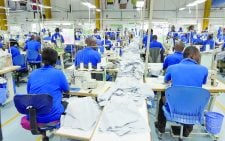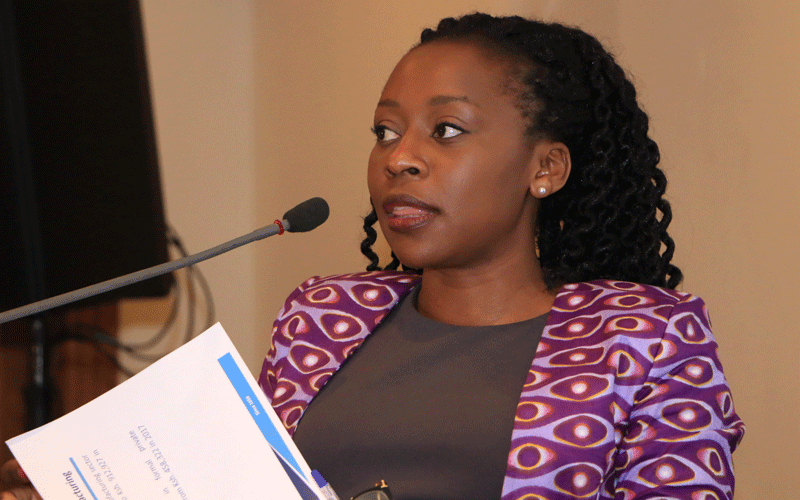For economy to grow engage more women

Growing up, the unspoken norm in my community was that the women were always the organisers and mobilisers of everything.
Should there be a cause for celebration, there was a ready group of women that would band together in minutes, contribute and mobilise funds, fuss over celebration logistics and make things happen.
This would be replicated in many scenarios. In case of a disaster, for example, these same women – having assessed their strengths and ‘networks’ – will have ready duties assigned to each of them towards organising, comforting and supporting.
This is not an experience unique to me. In a Dalberg article on Applying A Gender Lens to post-COVID Economic Recoveries, stunning examples are given of women who, having faced hardships due to disrupted supply chains and Covid-19 regulations, quickly recalibrated their plans and have come together to start chicken rearing and vegetable farming ventures. Women are the mesh that binds together the society and have been doing so throughout history.
Given all the evidence to support this, as a nation on its knees due to the pandemic, we should prioritise giving maximum support to these businesses because of their multiplier effect to society.
The manufacturing sector in Kenya is the largest revenue contributor to the country and the largest provider of productive jobs directly and indirectly through its impact to other sectors.
Due to its ties to the global market, the sector was severely affected especially at the onset of the pandemic’s entry into our borders.
And though it is still reeling from these effects, manufacturers have also found opportunities for localised solutions in critical aspects, for instance, component manufacturing and development of agro-industry value chains.
These identified opportunities should mean more space and latitude given to small and medium businesses to enable them effect steady and immediate re-calibrations as those mentioned above.
In the first-ever Women In Manufacturing study (in the country) by Kenya Association of Manufacturers and ICRW 93 per cent of women-owned businesses are in the informal sector and there are 61,000 women employed in the informal economy.
Additionally, manufacturing firms in the informal economy account for 23 per cent of its total.
Prior to the pandemic, there was the persistent reciprocal action between an increasing informal economy due to high and rigid taxation, multiple levies and fees; and the over-taxation of a narrowing-base of formal businesses.
This situation has most definitely been augmented by the shocks of the pandemic.
One of the women interviewed in this study, cited the duplication and overlap of government agencies’ roles and mandates as a huge deterrent to business growth due to the resulting unpredictability of policies and excessive levies and fees demanded by each one of them.
Because 48 per cent of SMEs in Kenya are owned by women, it is high time we look at leveraging them for our short-term economic rebound measures and even more importantly, medium and long-term sustainability.
Kenyan manufacturers quickly responded to the pandemic by re-purposing their operations and began to make PPEs.
The very first locally made and assembled ICU ventilator was just certified by government just a week ago.
Imagine how many job opportunities we would create if we nurture these nascent innovations towards export.
Imagine how many small and medium businesses would be incorporated into value chains, and how many would be subcontracted.
And seeing as how women have a tenacity to quickly organise, mobilise and strategise, imagine how much this would boost them and their communities out of poverty. — The writer is the CEO of Kenya Association of Manufacturers and the UN Global Compact Network Representative for Kenya — ceo@kam.co.ke











